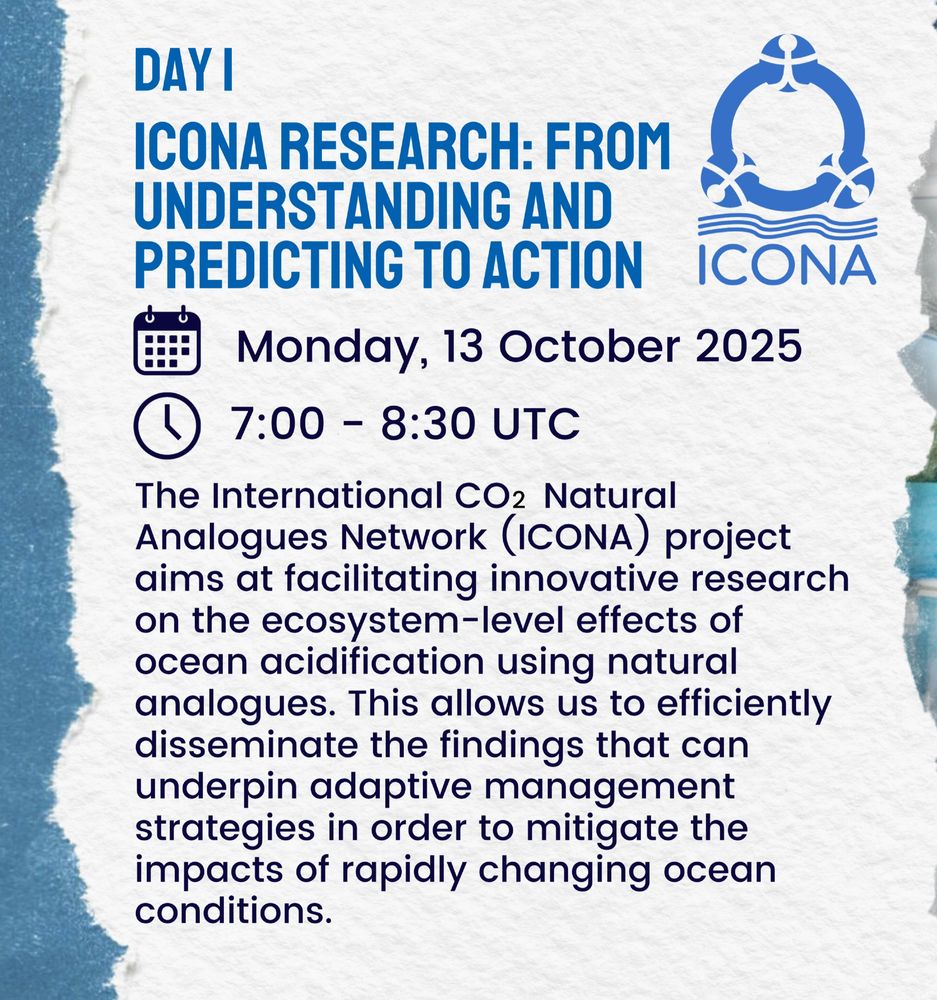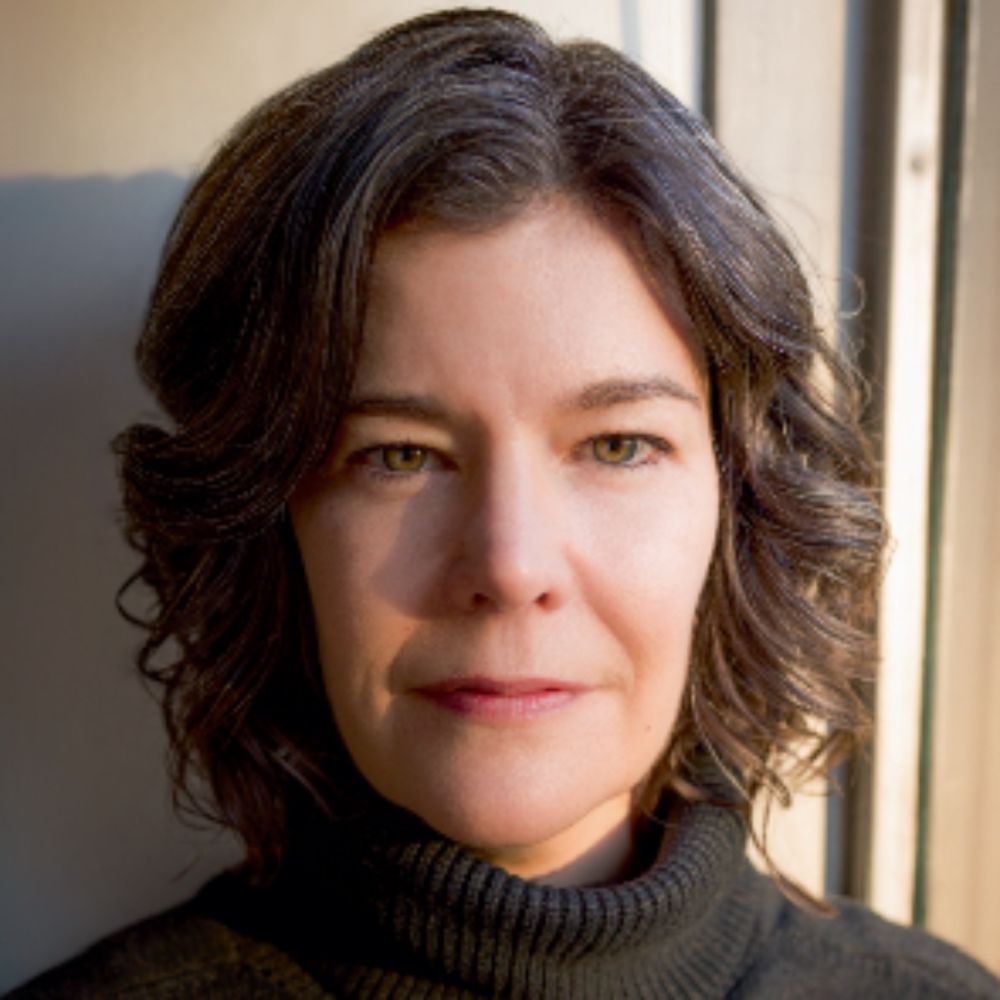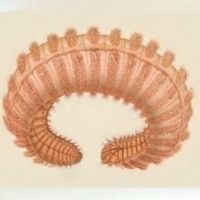Dr Rachel Hale Marine Biologist
@seafloorscience.bsky.social
8.7K followers
900 following
2K posts
Dr of small crawly things that live on the ocean floor.
I study what they do, how they do it, and how they respond to disturbance, including climate change.
Marine Biologist, Ocean Optimist, Invert Advocate, "Worm Girl"
Opinions mine. She/her
Posts
Media
Videos
Starter Packs
Pinned
Reposted by Dr Rachel Hale Marine Biologist
Reposted by Dr Rachel Hale Marine Biologist
Reposted by Dr Rachel Hale Marine Biologist
Reposted by Dr Rachel Hale Marine Biologist
Reposted by Dr Rachel Hale Marine Biologist
Reposted by Dr Rachel Hale Marine Biologist
Reposted by Dr Rachel Hale Marine Biologist
Reposted by Dr Rachel Hale Marine Biologist
Reposted by Dr Rachel Hale Marine Biologist
Reposted by Dr Rachel Hale Marine Biologist
Reposted by Dr Rachel Hale Marine Biologist














